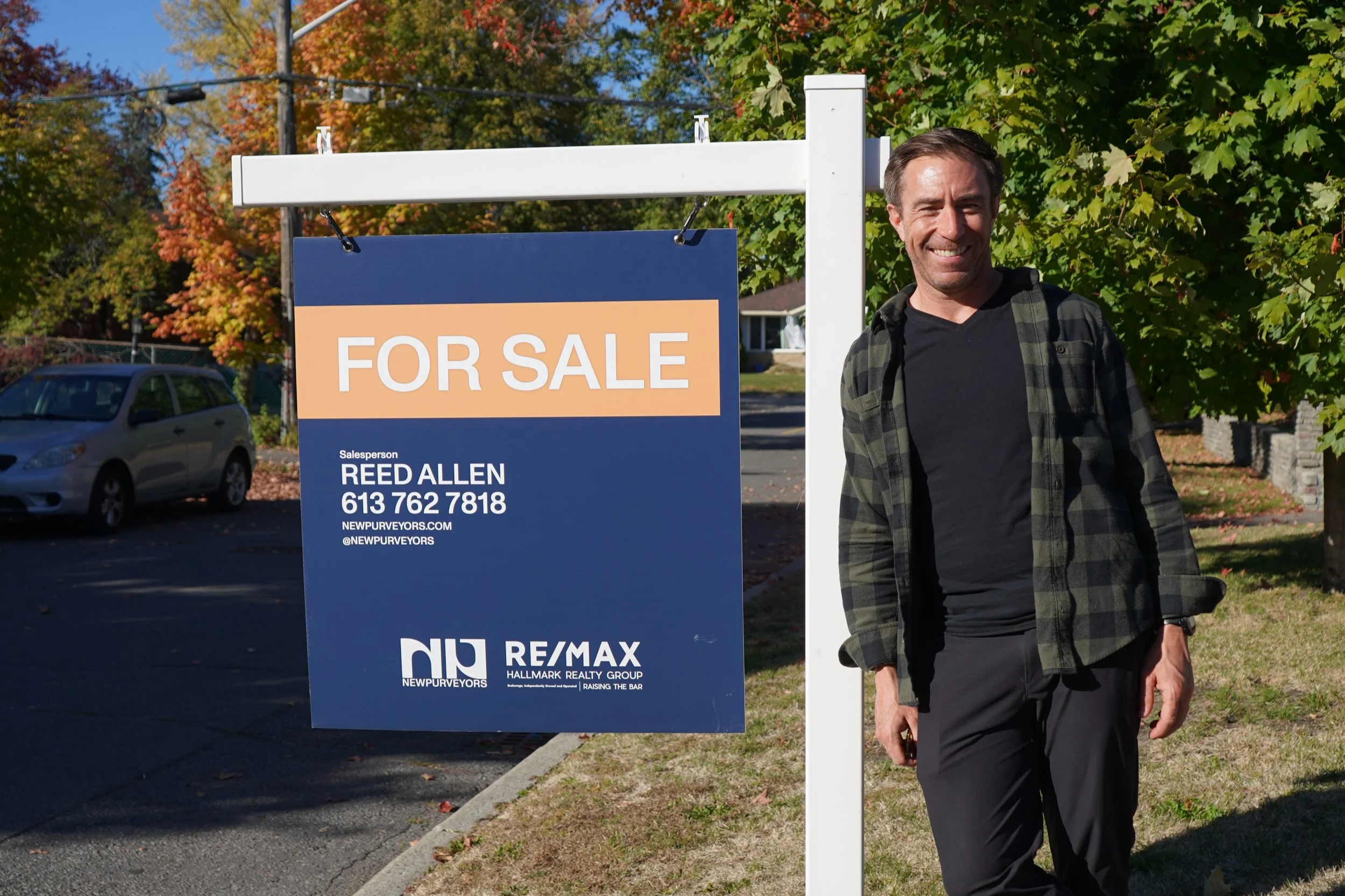Understanding Ottawa's Zoning Laws: What Homebuyers and Investors Need to Know
In the bustling real estate market of Ottawa, where historic charm meets modern development, understanding zoning laws is paramount for homebuyers and investors alike. Ottawa's zoning regulations serve as the blueprint for how land can be utilized within the city, shaping the landscape, property values, and investment potential. This guide aims to demystify Ottawa's zoning laws, providing essential knowledge for navigating the city's diverse real estate offerings.
1. What are Zoning Laws?
Zoning laws are regulatory measures implemented by municipal governments to manage land use and development within specific areas. In Ottawa, these laws are designed to promote orderly growth, protect property values, and ensure compatibility between different land uses. Zoning designations categorize land into various zones, such as residential, commercial, industrial, and mixed-use, each with its own set of permitted uses, restrictions, and development standards.
2. Zoning Designations in Ottawa
Residential Zones: Ottawa's residential zones encompass a range of housing types, from single-family homes to high-density apartment buildings. These zones, identified by designations like R1, R2, and R3, dictate the allowable housing density, building heights, and setbacks, influencing neighbourhood character and property values.
Commercial Zones: Ottawa's commercial zones accommodate retail, office, and service-oriented activities. These zones vary in intensity, with regulations governing building size, parking requirements, and permitted commercial uses. Understanding the nuances of commercial zoning is essential for entrepreneurs and investors seeking to establish businesses or develop commercial properties.
Industrial Zones: Ottawa's industrial zones are designated for manufacturing, warehousing, and other industrial activities. These zones are subject to strict regulations concerning noise levels, environmental impact, and compatibility with surrounding land uses. Investors considering industrial properties must navigate these regulations to ensure compliance and mitigate potential liabilities.
Mixed-Use Zones: Ottawa's mixed-use zones allow for a blend of residential, commercial, and sometimes industrial uses within the same area. These zones promote vibrant, walkable communities by encouraging diverse land uses and reducing reliance on automobiles. Understanding the opportunities and constraints of mixed-use zoning is crucial for developers and investors seeking to capitalize on urban redevelopment projects.
3. Impact on Property Use and Development
Ottawa's zoning laws exert a significant influence on property values, development potential, and investment opportunities. Zoning regulations dictate the permissible uses of land, constraining or facilitating various types of development. Factors such as setbacks, height limits, and parking requirements can significantly impact the feasibility and profitability of development projects. Investors and developers must conduct thorough due diligence to assess the zoning implications of potential investments and mitigate regulatory risks.
4. Zoning Restrictions and Considerations
Setbacks and Lot Coverage: Setbacks regulate the distance between buildings and property lines, preserving open space and preventing overcrowding. Lot coverage restrictions limit the proportion of land that can be occupied by buildings, ensuring adequate green space and mitigating urban sprawl.
Height Restrictions: Height restrictions govern the maximum allowable height of buildings, preserving sightlines, minimizing overshadowing, and maintaining the character of neighbourhoods. These restrictions vary depending on the zoning designation and surrounding land uses.
Parking Regulations: Parking requirements stipulate the number of parking spaces that must be provided for various types of developments, including residential, commercial, and institutional uses. These regulations aim to alleviate parking congestion, promote pedestrian-friendly environments, and accommodate the needs of residents and visitors.
5. Zoning Changes and Updates
Ottawa's zoning laws are subject to periodic revisions and updates to reflect evolving community needs, land use trends, and policy objectives. Zoning changes may be initiated through comprehensive planning processes, public consultations, or individual applications for rezoning. Property owners, developers, and community stakeholders play a crucial role in shaping zoning policies and advocating for their interests. Staying informed about proposed zoning changes and participating in the public review process can help stakeholders anticipate future developments and adapt their strategies accordingly.
6. Resources for Zoning Information
Ottawa's Official Plan and Zoning By-laws: Ottawa's Official Plan provides the overarching framework for land use planning and development in the city, guiding the establishment of zoning regulations and development policies. The Zoning By-law delineates the specific regulations applicable to different zones, including land use permissions, setback requirements, and development standards. These documents are valuable resources for understanding Ottawa's zoning laws and their implications for property owners, developers, and investors.
Professional Advice: Seeking guidance from real estate professionals, land use planners, and legal experts familiar with Ottawa's zoning laws can provide invaluable insights and assistance in navigating complex regulatory issues. Real estate agents can help homebuyers identify properties that align with their needs and preferences, while land use planners and lawyers can offer strategic advice and representation in zoning-related matters.
Understanding Ottawa's zoning laws is essential for homebuyers and investors seeking to navigate the city's dynamic real estate market. By familiarizing themselves with zoning regulations, stakeholders can assess the suitability of properties, evaluate development potential, and mitigate regulatory risks. Whether pursuing residential, commercial, industrial, or mixed-use opportunities, a clear understanding of Ottawa's zoning laws empowers stakeholders to make informed decisions and unlock the full potential of their real estate investments.




























